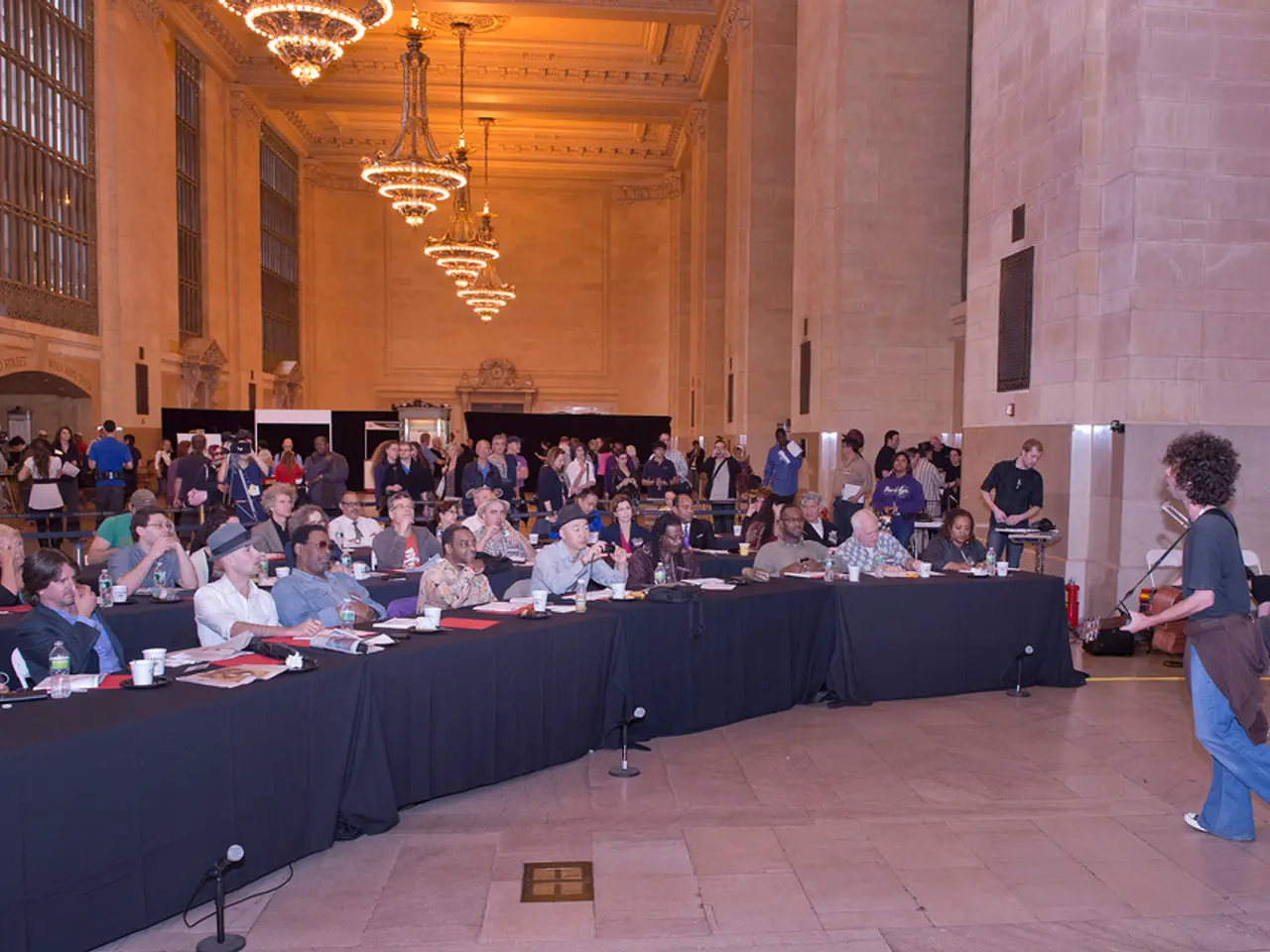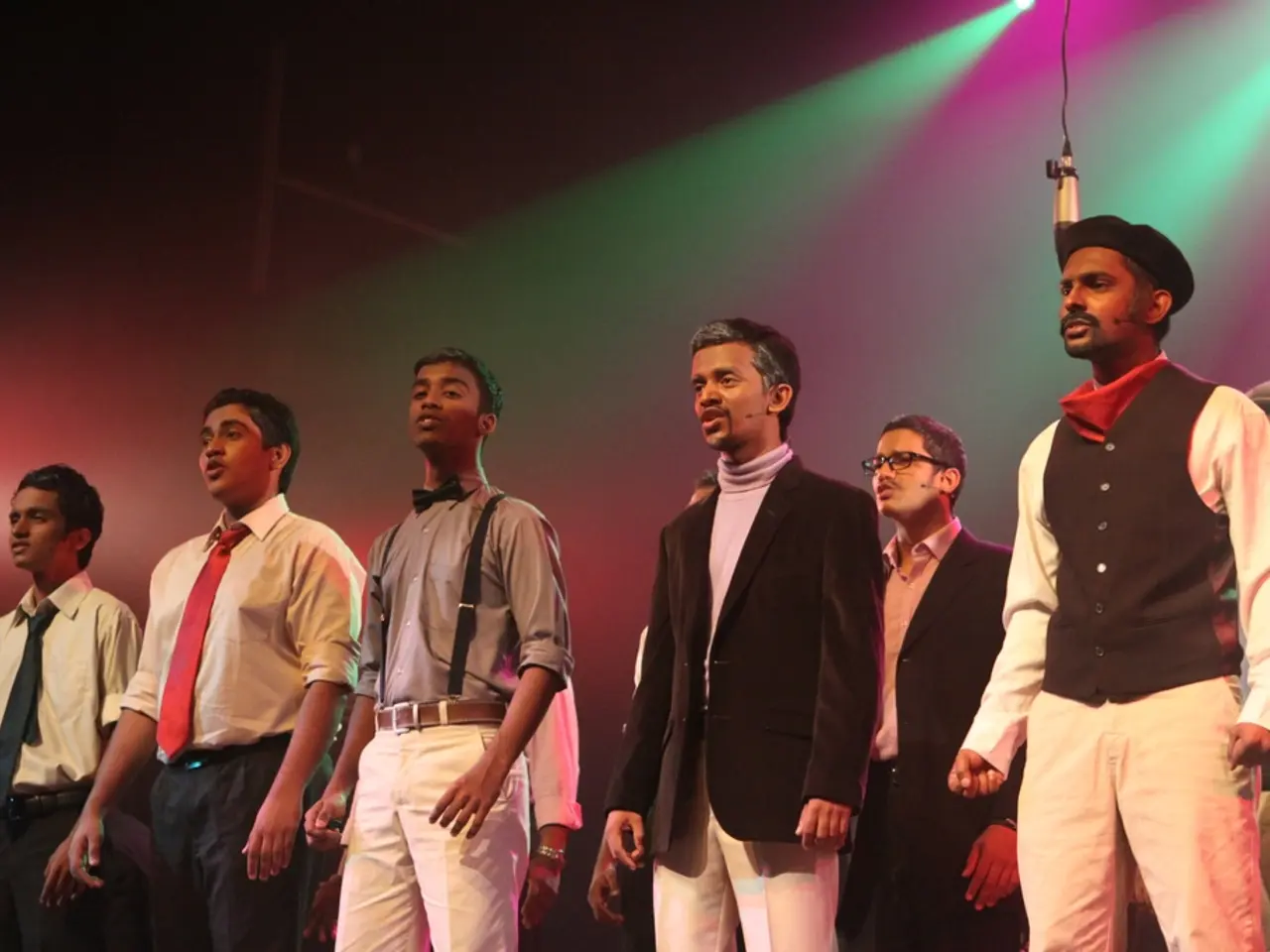Life Story of Legendary Musician Elvis Presley
In the late 60s and early 70s, Elvis Presley experienced a creative renaissance, developing a new sound and image that would leave an indelible mark on the music industry. This period was documented in two groundbreaking concert films: "Elvis: That's the Way It Is" (1970) and "Elvis on Tour" (1972).
"Elvis: That's the Way It Is," filmed during Elvis' August 1970 residency at the International Hotel in Las Vegas, offers a unique blend of concert performances and behind-the-scenes footage. The documentary, directed by Denis Sanders, presents an intimate look at Elvis's return to live shows after years focused mainly on movies and studio recordings.
The production of "That's the Way It Is" was notable for its mix of concert footage interwoven with rehearsals and personal moments, highlighting Elvis's effort to reconnect with audiences in the era of changing musical tastes. The documentary was made with considerable cooperation from Elvis and captured the start of his famous Las Vegas era, giving fans an insider look at his performances and preparations.
Two years later, "Elvis on Tour" was released, serving as a follow-up to its predecessor. This film, produced by Pierre Adidge and Robert Abel, documented Elvis's 1972 concert tour across the United States, offering a dynamic depiction of his live act during this late career phase. Both films have been lauded for their authentic portrayal of Elvis as a live performer, during a time when live concert films were gaining prominence.
"Elvis on Tour" won a Golden Globe for the Best Documentary of 1972, making it the only Elvis Presley movie to receive an award. The movie documents the excitement Elvis generated as a performer, showing him in rehearsals and mastering new material for the act. Lucien Ballard, an expert cinematographer, used eight Panavision cameras to capture the excitement of Elvis's performance onstage.
Recent developments reveal that Warner Brothers now owns the MGM footage of both "Elvis on Tour" and "Elvis: That's the Way It Is," reflecting ongoing interest and preservation of Elvis’s concert film legacy. The making of these films is further highlighted by the discovery of previously unseen footage, which adds depth to the understanding of Elvis’s live performances and the era’s production methods.
Elvis's commitment to his craft was evident during this period. He enforced a "no-wives" rule while on the road, which applied to himself and all members of the Memphis Mafia, ensuring focus on his performances. However, this dedication took a toll on his personal life, likely contributing to the disintegration of his marriage to Priscilla. Priscilla left Elvis in early 1972, and Elvis sued for divorce the following August. The divorce was an amicable split, with Priscilla and Elvis holding hands during the divorce proceedings and walking out of the courtroom arm in arm.
Despite the challenges in his personal life, Elvis continued to captivate audiences with his live performances. His constant touring meant he saw less of Priscilla and his daughter, Lisa Marie. However, his dedication to his fans never wavered, as he continued to push the boundaries of live entertainment, solidifying his status as "The King of Rock 'n' Roll."
References: 1. Elvis on Tour (1972) - IMDb 2. Elvis: That's the Way It Is (1970) - IMDb 3. Elvis on Tour 4. Elvis: That's the Way It Is 5. Warner Bros. Acquires MGM's Elvis Presley Film Library
"The documentary 'Elvis: That's the Way It Is' offers a glimpse into the intersection of pop-culture and entertainment, showcasing celebrities like Elvis Presley and presenting intimate looks at his life amidst changing musical tastes."
"The production of 'Elvis on Tour' serves as a testament to the impact of celebrities on pop-culture, as it provides a dynamic portrayal of Elvis's live act during his late career phase, further solidifying his status as a cultural icon."




